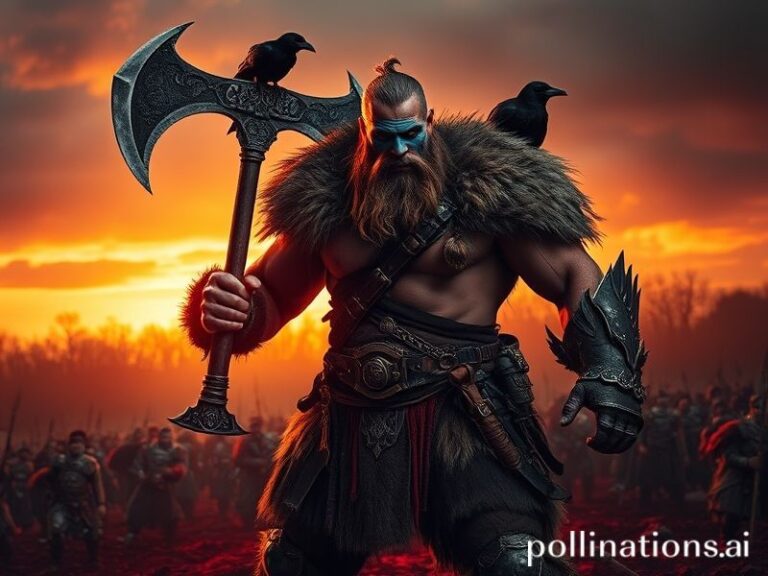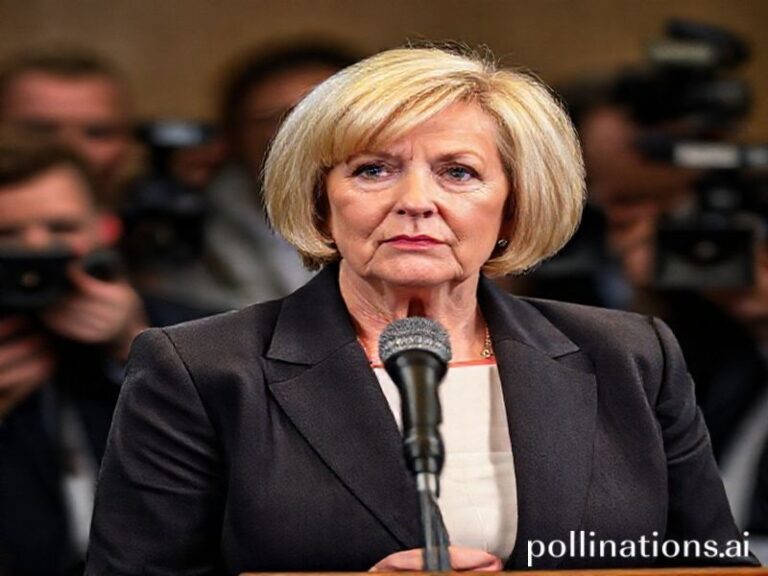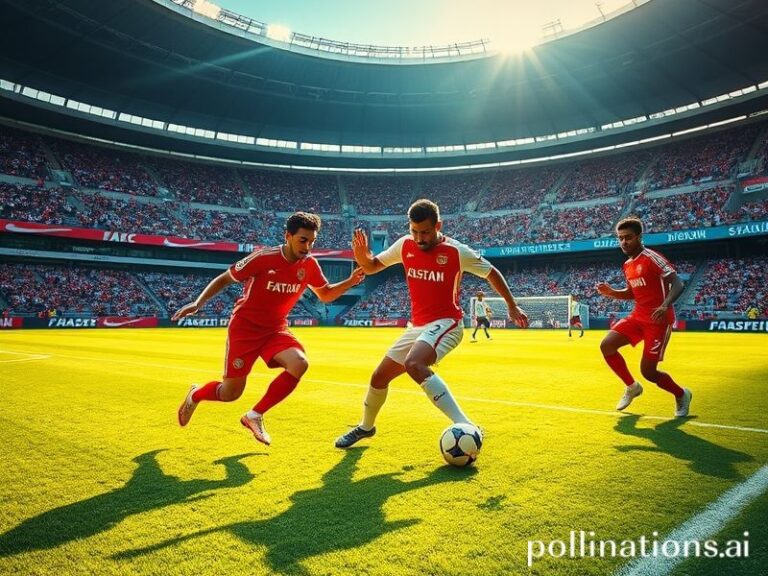Swinging for the Fences: Why the MLB MVP Race Has the World Watching
### **Swinging for the Fences: Why the MLB MVP Race Has the World Watching**
The Major League Baseball (MLB) Most Valuable Player (MVP) award is more than just a shiny trophy—it’s a cultural phenomenon that has the internet buzzing, stats nerds debating, and casual fans suddenly pretending they understand WAR (Wins Above Replacement, for the uninitiated). But why is this award capturing global attention? Let’s dive into the cultural context, social impact, and what makes this topic so significant.
#### **The MVP Hype: A Global Obsession**
First, let’s acknowledge the obvious: baseball is America’s pastime, but its influence stretches far beyond the U.S. borders. The MLB MVP race is a microcosm of global sports fandom, where players from diverse backgrounds—like Shohei Ohtani (Japan), Vladimir Guerrero Jr. (Dominican Republic), and Aaron Judge (USA)—compete for the title. This international appeal makes the MVP race a unifying event, bringing together fans from different cultures under the shared love of the game.
Social media has amplified this hype. Twitter, Reddit, and TikTok are flooded with hot takes, memes, and deep-dive analyses. The MVP race isn’t just about who hits the most home runs or has the best stats—it’s about storytelling. Fans love to root for the underdog, the comeback kid, or the player who defies expectations. This year, for example, Aaron Judge’s pursuit of the home run record has been a rollercoaster of emotions, keeping fans on the edge of their seats.
#### **Cultural Context: More Than Just a Trophy**
The MVP award isn’t just about individual performance; it’s about cultural narratives. Take Aaron Judge, for instance. His journey from a lanky rookie to a home run king mirrors the classic American underdog story. Meanwhile, Shohei Ohtani’s dual-threat prowess as both a pitcher and a hitter has redefined what it means to be a modern baseball player. His presence in the MVP race is a testament to the globalization of the sport, proving that talent knows no borders.
The MVP debate also reflects broader societal conversations. For example, the rise of analytics in baseball has sparked debates about traditional stats versus advanced metrics. Fans argue over whether a player’s value should be measured by RBIs (Runs Batted In) or WAR (Wins Above Replacement). This isn’t just about baseball—it’s about the ongoing tension between tradition and innovation, a theme that resonates across industries and cultures.
#### **Social Impact: Beyond the Diamond**
The MVP race has real-world implications. For players, winning the MVP can mean lucrative contract extensions, endorsement deals, and a legacy that lasts for generations. For teams, having an MVP candidate can boost ticket sales, merchandise revenue, and overall fan engagement. The ripple effects extend to local economies, as cities with successful teams see increased tourism and business activity.
Moreover, the MVP narrative often intersects with social issues. Players like Bryce Harper and Mike Trout have used their platforms to advocate for causes like mental health awareness and social justice. The MVP race isn’t just about who’s the best on the field—it’s about who’s making a difference off the field as well.
#### **Why It Matters**
The MLB MVP race matters because it’s a reflection of our collective obsession with excellence, storytelling, and cultural identity. It’s a reminder that sports, at their core, are about more than just wins and losses—they’re about the human stories that unfold on and off the field. Whether you’re a die-hard baseball fan or a casual observer, the MVP race offers something for everyone: drama, debate, and a whole lot of memes.
So, as the season winds down and the MVP race heats up, grab your popcorn and get ready for the show. Because in the world of baseball, the MVP isn’t just an award—it’s a cultural moment.







